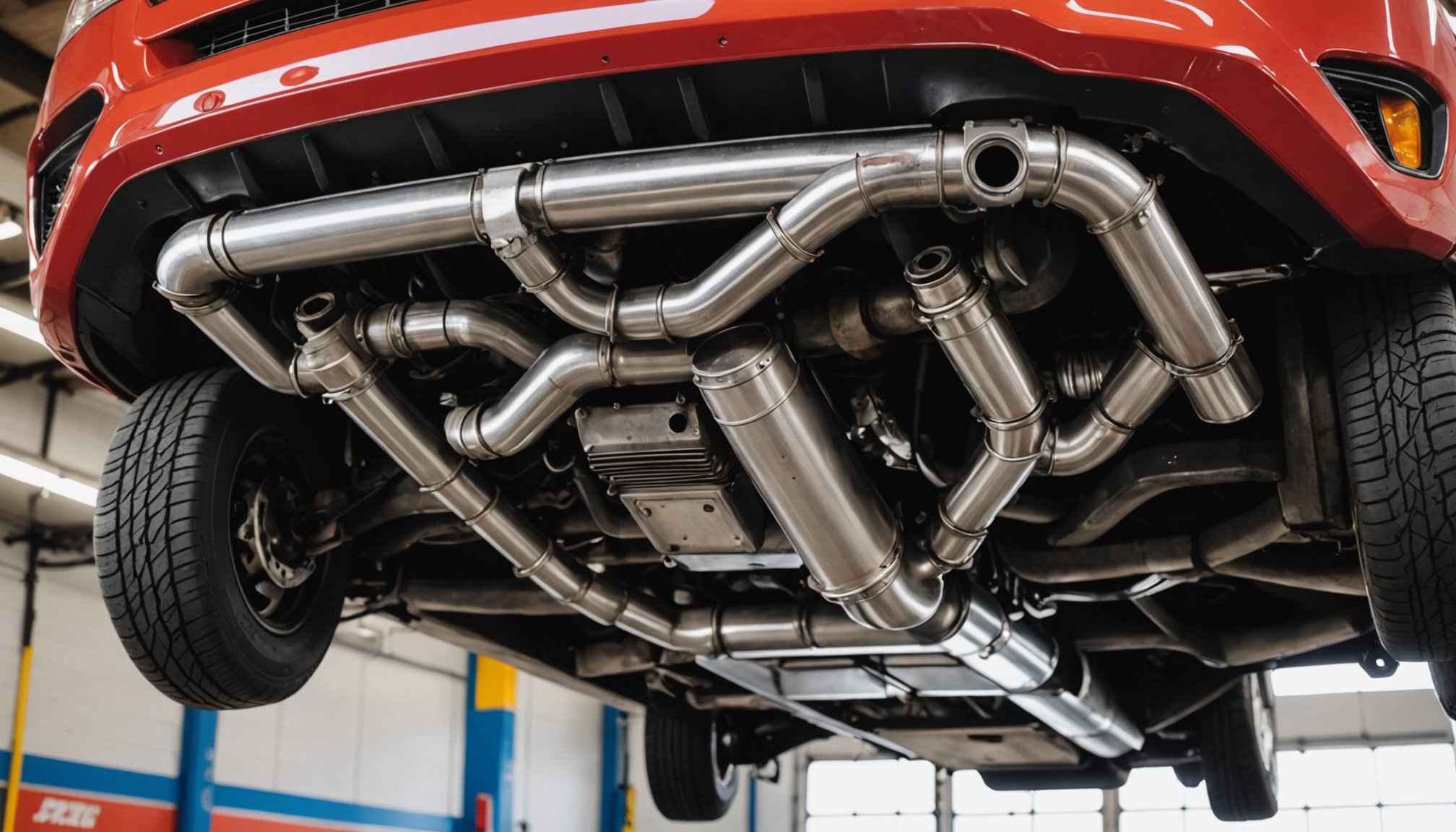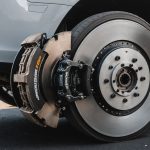Modifying your car’s exhaust system can significantly enhance your vehicle’s performance and sound. However, this modification is not merely about appearance or noise. There are numerous factors you must consider to ensure that you achieve the desired results without compromising your vehicle’s functionality or legality. This article will guide you through the critical aspects of modifying your car’s exhaust system, enabling you to make informed decisions that align with your automotive goals.
Understanding Your Vehicle’s Exhaust System
The exhaust system of your vehicle plays a crucial role in how your engine operates. It is designed to direct harmful gases away from the engine and convert them into less harmful emissions through various components. Before you consider modifications, it is essential to understand the key parts of your exhaust system:
Topic to read : What are the implications of driving a modified vehicle on UK roads?
- Headers: These are the first components that exhaust gases pass through after leaving the engine. Upgrading to high-performance headers can improve airflow, boosting engine power.
- Catalytic Converter: This component reduces harmful emissions. While you may think of replacing it for better airflow, removing or altering it can lead to legal issues.
- Muffler: This part dampens the noise produced by the engine. Different muffler designs can significantly change the sound of your vehicle. The configuration, size, and materials will affect sound output and backpressure.
- Exhaust Pipes: These pipes connect all the components. Replacing them with larger diameter pipes can improve performance, but it can also affect low-end torque.
- Tips: These are mainly aesthetic but can influence exhaust flow slightly.
Understanding these components is vital because any modifications can affect the car’s overall performance. For instance, while a louder muffler may sound great, it could lead to increased backpressure or loss of low-end torque. Therefore, knowing how these parts work together helps ensure that your modifications will enhance your vehicle’s power without creating unintended consequences.
Legal Implications of Exhaust Modifications
When considering exhaust modifications, one of the most critical aspects to evaluate is the legal framework governing vehicle emissions and noise levels. Laws vary significantly depending on your location, and it is crucial to abide by them to avoid fines or issues during vehicle inspections.
In the same genre : How can car clubs enhance your ownership experience and provide valuable support?
Many regions have strict regulations on the amount of noise a vehicle can produce. Modifying your muffler or removing it altogether can push the sound level beyond legal limits. A loud exhaust may attract attention from law enforcement and could result in citations.
Furthermore, the catalytic converter is subject to regulations in many places due to its role in reducing harmful emissions. Altering or removing this component can lead to significant legal repercussions, including failing emissions tests. Many states require vehicles to have operational catalytic converters, and removing them can lead to hefty fines.
Before making any modifications, consult your local laws regarding vehicle emissions and noise levels. Additionally, consider how modifications may impact your vehicle’s warranty. Some manufacturers may void warranties for vehicles with aftermarket exhaust systems. Doing thorough research ensures that your modifications are both enjoyable and compliant with legal standards.
Performance vs. Sound: Finding the Right Balance
When discussing exhaust modifications, the debate between performance and sound often arises. Many car enthusiasts desire a loud, aggressive sound but may not realize that such modifications can sometimes compromise performance.
A common misconception is that all aftermarket exhaust systems automatically enhance performance. However, this is contingent on choosing the right system that suits your vehicle’s engine dynamics. For instance, a system intended for high-revving sports cars may not work well on a vehicle designed for low-end torque. You must consider how changes in exhaust flow will impact the air-fuel mixture in the engine.
Additionally, the right muffler can help you achieve the desired sound without sacrificing performance. Some mufflers are designed to enhance sound quality while maintaining backpressure, which is crucial for torque and efficiency. Researching different brands and models will help you find a system that meets your needs and preferences.
Ultimately, finding the right balance between performance and sound requires understanding your vehicle’s specifications and how exhaust modifications can enhance or hinder those attributes. Whether you seek a throaty growl or a subtle purr, the right modifications can deliver satisfying results without compromising your vehicle’s functionality.
Aftermarket Parts: Choosing Wisely
With a plethora of aftermarket parts available for exhaust modifications, selecting the right components can be overwhelming. The quality of the parts you choose significantly impacts your vehicle’s performance, sound, and longevity.
When exploring aftermarket options, focus on established brands that have a reputation for quality and reliability. Look for products that are made from durable materials, such as stainless steel, which can resist rust and corrosion better than other materials. This choice not only increases the lifespan of your exhaust but also enhances sound quality.
Consider the specific modifications you wish to make. For example, if you are looking for increased flow and reduced weight, aftermarket headers might be your best bet. On the other hand, if sound enhancement is your primary goal, investing in a quality muffler is essential. Each component serves a specific purpose, and understanding these functions will help you make informed decisions.
Moreover, professional installation can make a significant difference in how your modifications perform. While DIY enthusiasts may attempt the installation themselves, improper fitting can lead to leaks or performance issues. Hiring a professional ensures that everything is installed correctly and functions as intended.
In summary, invest time in researching aftermarket parts. Understand your goals and choose components that align with both your vehicle’s requirements and your personal preferences. Quality parts and proper installation are key to maximizing the benefits of your exhaust modifications.
Modifying your car’s exhaust system can yield significant benefits in terms of performance, sound, and personal satisfaction. However, it is vital to approach these modifications with careful consideration. Understanding your vehicle’s exhaust system, keeping legal implications in mind, balancing performance with sound, and choosing high-quality aftermarket parts will guide your decisions.
As you embark on this journey, remember that each modification can have far-reaching effects on your vehicle. Thoughtful planning and informed choices will lead to a satisfying enhancement of your vehicle without compromising its integrity or legality. Your vehicle’s exhaust system is not just a collection of parts; it is a complex interplay of engineering designed to deliver power, efficiency, and enjoyment.











